COURSE OUTLINE
| Instructor: |
Dr. Ewa Wasilewska, Associate Professor/Lecturer, Dept. of Anthropology. |
| Contact information: |
Office: Stewart 101. By
appointment only.
Office phone: 801-581-6251. Please call between 8:00 a.m. and 5:00 p.m. and leave your name and a phone number so the instructor can call you back. Telephone appointments are acceptable.
Home phone: 801-596-3105. For emergencies only unless a telephone appointment is arranged.
Email: Mruczek@AOL.com
|
| Time: |
Mondays and Wednesdays from 9:00 a.m. to 12:00 p.m. |
| Location: |
ST 208 |
| Course description: |
Studying laughter is not a laughing matter. Humor is a serious issue. However, neither laughing nor humor have received a proper attention from the scientific world until recently. This course is designed to introduce students to anthropology of laughter and humor, and then to demonstrate their importance in examining stereotypes, the formation of groups, and the societal structures that facilitate them. Consequently, the first part of the course (four meetings) focuses on theoretical and methodological issues involved in the anthropological study of humor and laughter, including very recent research on both as based on biological, genetic, and neurological data. When it becomes clear (through the use of specific examples) that different forms of humor not only reflect socio-political values, dynamics, conflicts, and challenges experienced in the multiethnic, multicultural, and multilingual complexity of the American “Melting Pot” but also perpetuate the existing stereotypes, inequalities, and perceptions, the rest of the semester will focus on analyzing how certain groups come to be defined as outsiders who are supposedly fair game for racist, sexist, or other forms of derogatory humor, as well as the societal structures that make this possible. In other words the theoretical and methodological tools will be applied to what students are already familiar with and intuitively comprehend, i.e., the use and abuse of humor in the U.S. |
| Disclaimer |
Some of the writings, lectures, films, or presentations in this course may include material that conflicts with the core beliefs of some students. Please review the syllabus carefully to see if the course is one that you are committed to taking.
It is understood that the principles of academic freedom permit topics of all types, including those with offensive content, to be part of courses, lectures, and other academic pursuits. Much of humor is inherently offensive. Indeed, it is the offensive aspect that often makes for the humorous nature of a particular setting.
The materials in this course consist of offensive content that is used or displayed in an educational setting for educational purposes. This course will present students with objects, pictures, videotapes, audio recordings, computer communications, literature, and lectures that are potentially—even certainly—offensive. Potentially offensive topics which will be discussed in the class include, but are not limited to, race and ethnic humor; hate humor; religion and religious humor; sexual, sexist and gender humor as well as linguistic humor. All topics are listed on this syllabus. Once again, offense or the potential for offense is innate to humor. This course cannot be taught fully or effectively without exposing students to offensive material. |
| Teaching and Learning Methods |
This course is a combination of lectures and discussions. Each meeting will be richly illustrated with video-clips, verbal and/or visual humorous situations, and movies. It is critical that students attend each meeting since most of the visual material will be available only in class. While students are encouraged to initiate and participate in all discussions as well as freely express their emotions induced by in-class humor, they must remain respectful of all classmates and tolerant of all humorous material, even of the most offensive in its nature such as hate humor (see above: “Disclaimer/warning”). |
Evaluation Methods |
This course, due to its potential offensiveness and extensive information from variety of seemingly unconnected scientific disciplines, is a challenging one requiring more than fair amount of objectivity, open-mindedness, and willingness to explore the unknown. Students are expected to:
- Attend class meetings.
- Do their readings in advance so they can fully participate in any discussions.
- Take your exams as scheduled.
- Offer their opinions and argue their points. The grade will be based on the knowledge of the required material, outside research (if needed), and analytical reasoning process (in good and edited English).
- NO PLAGIARISM IN ANY SHAPE OR FORM (see below: “Academic Misconduct”).
|
Exams, Assignments and Grades: |
There are three take-home exams. These exams are designed not only to test your knowledge but also to encourage critical thinking and independent analysis of the presented material. This course fulfills the DIV and BF requirements of general education that are there for a reason (see, http://www.ugs.utah.edu/?pageId=3988) i.e., to prepare you for “twenty-first-century challenges.” Remember, decisions you will make in the future will affect not only you, but all of us. After all, you will be paying (or not) my social security and will be taking us in and out of wars while trying to pay trillions of dollars in debt. Consequently, I want you to take this class very seriously. You cannot pass this class without attending class meetings as none of the Ppt presentations will be posted anywhere.
Each exam counts equally for your final grade. Your participation in class discussions is important as it may raise your overall grade up to two marks (e.g., from C to B-). Introduce yourself by your first and last name at the beginning of the semester and then, in all probability, your first name will be enough!
There won’t be any extra-credit assignments in this class. Each exam will be graded using the Letter-Grade scale (“A” as the highest, “E” as the lowest [no-pass] grade. The final grade will be calculated accordingly by setting up values of the Letter-Grade scale using the 4-Point scale. |
Required Readings: |

Wasilewska, Ewa: Anthropology of Humor and Laughter. Cognella Press: 2013.
To purchase this textbook (preliminary edition), please follow the instructions below:
Step 1: Log on to https://students.universityreaders.com/store/.
Step 2: Create an account or log in if you have an existing account to purchase.
Step 3: Easy-to-follow instructions will guide you through the rest of the ordering process.
Payment can be made by all major credit cards or with an electronic check.
Ask for a discount (if possible)!
COURSE: ANTH 2040
INSTRUCTOR(S): Ewa Wasilewska
Additional (supplementary) reading material is available at Marriott Library Reserve Desk through electronic reserve or as hard copies.
|
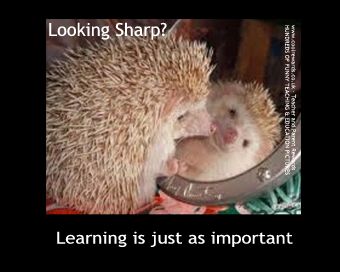
MEETING
# 1 - MAY 12, 2014
LET'S LAUGH!!!
Readings for Meeting #1:
Wasilewska, Ewa:
Section 1: Toward Definition of Humor… Past, Present, And Future Of Humor Research.
Chapter 1: Toward Definition of Humor… Past, Present, And Future Of Humor Research.
Polimeni, Joseph and Jeffrey P. Reiss (2006): The First Joke: Exploring the Evolutionary Origins of Humor. A reprint from Evolutionary Psychology 4. Pp. 347-366
|
 |
|
MEETING
# 2 - MAY 14, 2014
YOUR BRAIN ON LAUGHTER! Physiology and evolution of laughter. PART 1.
Readings for Meetings #2 & 3:
Wasilewska, Ewa:
Section 2: Toward Definition of Laughter… Laughing Dogs, Panting Chimpanzees, And Pleasure-Driven Rats.
Chapter 2: Toward Definition of Laughter… Laughing Dogs, Panting Chimpanzees, And Pleasure-Driven Rats.
Wasilewska, Ewa: Physiology and Evolution of Laughter.
Supplementary readings:
Krause, et al.: The Derived FOXP2 Variant of Modern Humans Was Shared with Neanderthals. In Current Biology (2007), doi:10.1016/j.cub.2007.10.008.
Panksepp, Jaak (2007): Neuroevolutionary Sources of Laughter and Social Joy: Modeling primal human laughter in laboratory rats. A reprint from Behavioural Brain Research 182. Pp. 231-244.
Provine, Robert R.: Chapter 5. Chimpanzee Laughter, Speech Evolution, and Paleohumorology.
In Robert R. Provine: Laughter. A Scientific Investigation. Viking. 2000. Pp. 75-98.
|
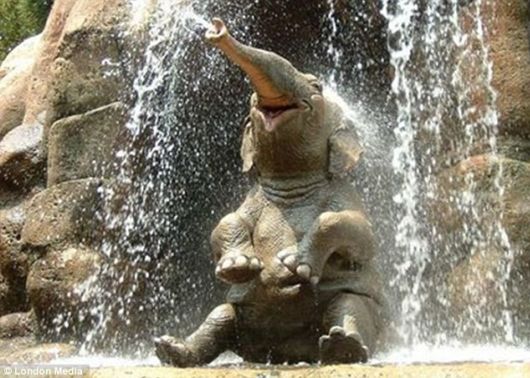 |
|
MEETING
# 3 - MAY 19, 2014

YOUR BRAIN ON LAUGHTER! Physiology and evolution of laughter. PART 2.
Readings for Week #3: see above.
MEETING
# 4 - MAY 21, 2014
ARE YOU LAUGHING YET? Laughing your way to health. Can laughter and/or humor be addictive? "Dogs may laugh but only cats get the joke!"
Readings for meeting #4:
Wasilewska, Ewa:
Section 3: Toward Laughter Benefits… Le Chat Botté (Puss In Boots) Laughs The Best.
Chapter 3: Toward Laughter Benefits… Le Chat Botté (Puss In Boots) Laughs The Best.
Wasilewska, Ewa (2012): Laughter: The Best Medicine?
Supplementary readings:
Provine, Robert R.: Chapter 3. Natural History of Laughter. In Robert R. Provine: Laughter. A
Scientific Investigation. Viking. 2000. Pp. 23-53.
|
|
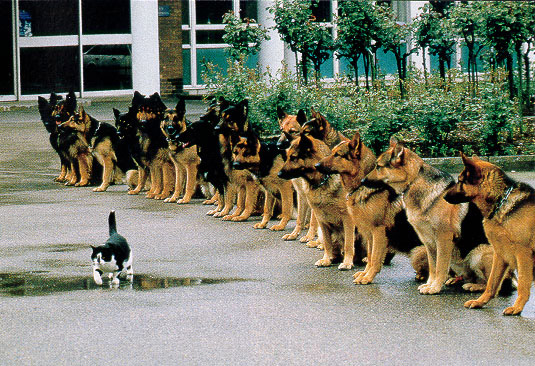 |

TAKE HOME EXAM #1: DUE JUNE 2, 2014 |
|
|
MEETING
# 5 - MAY 26, 2014
MEMORIAL DAY!!! NO CLASS!!!
WEEK
# 7 - October 7, 2013
CAN WE ALL GET ALONG? Normality, violation and offensiveness.
Readings for Week #7:
Wasilewska, Ewa:
Section 4: Toward Offensiveness… Sticks And Stones May Break My Bones But Words Will Never Hurt Me.
Chapter 4: Toward Offensiveness… Sticks And Stones May Break My Bones But Words Will Never Hurt Me.
Wasilewska, Ewa (2012): Offensiveness and Humor.
Supplementary readings:
Berger, Arthur Asa: A Glossary of the Techniques of Humor: Morphology of the Joke Tale. In An Anatomy of Humor. Transaction Publishers. 1998. Pp. 15-55.
|
|

|
WEEK
# 8 - October 14, 2013
WEEK
# 9 - October 21 & 23, 2013
LET'S TALK! Linguistic and language studies of competence in communicating humor.
Readings for Week #9:
Wasilewska, Ewa:
Section 5: Toward Verbal Expressions… You talk funny.
Chapter 5: Toward Verbal Expressions… You talk funny.
Volfova, Martina and Mercedes Douglass (2012): Is It Ever Just A Joke?
|
|
 |
WEEK
# 10 - October 28, 2013
YOUR CULTURE OR MINE? Cross-cultural humor: joking relationships. Etic and emic humor.
Readings for Week #10:
Wasilewska, Ewa:
Section 6: Toward Conflict Resolution… Thank you for insulting.
Chapter 6: Toward Conflict Resolution… Thank you for insulting.
Davidheiser, Mark (2005): Special Affinities and Conflict Resolution: West African Social Institutions and Mediation. A reprint from Beyond Intractability. Eds. Guy Burgess and Heidi Burgess. Conflict Research Consortium, University of Colorado, Boulder.
Allès, Elisabeth (2003): Notes On Some Joking Relationships Between Hui and Han Villages in Henan. A reprint from China Perspectives [online] 49, September-October. French Centre for Research on Contemporary China.
|
|
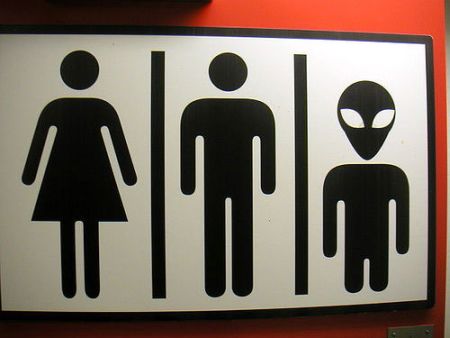 |
WEEK
# 11 - November 4, 2013
MY CULTURE, NOT YOURS! Ethnic humor: its nature and function. Popularity and demise. Part 1.
Readings for Week #11:
Wasilewska, Ewa:
Section 7: Toward Ethnicity… My culture or yours?
Chapter 7: Toward Ethnicity… My culture or yours?
O’Rourke, P.J. (1988): The Innocents Abroad, Updated. A reprint from Holidays in Hell. Grove Press: New York. Pp. 5-11.
Ben-Amos, Dan (1973): The ‘Myth’ of Jewish Humor. A reprint from Western Folklore 32 (2). Pp. 112-131.
Simpson, John (2012): A Student’s View of Negro Humor: The Power of Stereotypes.
|
|
 |
WEEK 12 - November 11, 2013

MY CULTURE, NOT YOURS! Ethnic humor: its nature and function. Popularity and demise. Part 2.
Readings for Week #12:see above
|
|
|
WEEK
# 13 - November 18, 2013

EXAM #2 (in class).
You are allowed to bring with you an index card (3 X 5) with your notes (only on one side of the card). You can use it during your exam (2 hrs., no lecture after the exam). Don’t forget to bring a “blue book” (Bookstore).
WEEK
# 14 - November 25, 2013
“THREE CLERGYMEN -- ONE CATHOLIC, ONE JEWISH, AND ONE EPISCOPALIAN..."Religious humor: sacred vs secular. Between appropriateness and hostility. Part 1.
Readings for Week #14:
Wasilewska, Ewa:
Section 8: Toward Religion… My religion, not yours.
Chapter 8: Toward Religion… My religion, not yours.
Apte, Mahadev (1985): Humor in Religion. A reprint from Humor and Laughter. An Anthropological Approach. Ithaca & London: Cornell University Press. Pp. 151-176.
Tamer, George (2006): The Qur’an and Humor. A reprint from Tamer, George, ed. (2009): Humor in der arabischen Kultur / Humor in Arabic Culture. Berlin, New York: Walter De Gruyter.
|
|
 |
WEEK
# 15 - December 2, 2013
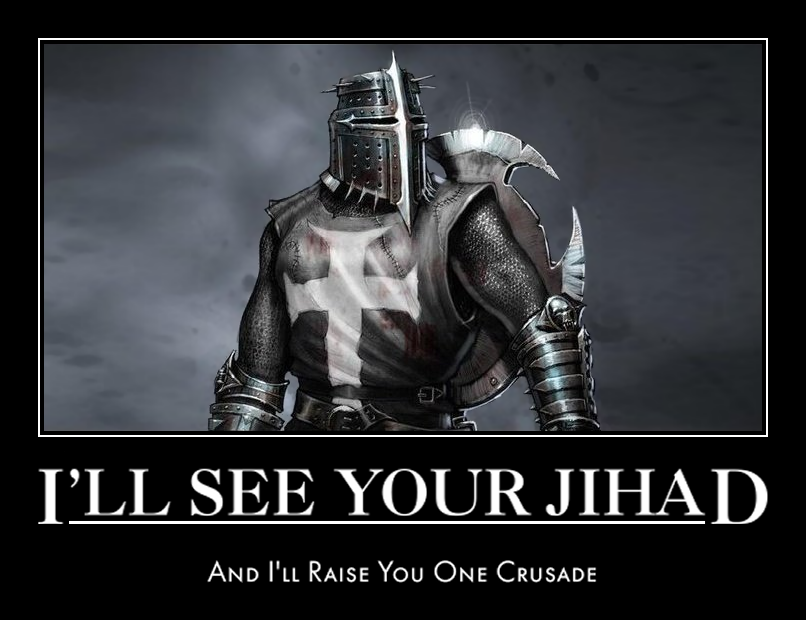
“THREE CLERGYMEN -- ONE CATHOLIC, ONE JEWISH, AND ONE EPISCOPALIAN..."Religious humor: sacred vs secular. Between appropriateness and hostility. Part 2.
Readings for Week #15:see above |
WEEK
# 16 - December 9 & 11, 2013
“SEX AND THE CITY.”
Gender, sexuality and sexual inequality in humor. Aggression and power.
Readings for Week #16:
Wasilewska, Ewa:
Section 9: Toward Gender, Sexuality and Sexual Inequality… “Sex and the City.”
Chapter 9: Toward Gender, Sexuality and Sexual Inequality… “Sex and the City.”
Bing, Janet (2007): Liberated Jokes: Sexual humor in all-female groups.
A reprint from Humor-International Journal of Humor Research. Vol. 20 (4). Pp. 337-366.
|
|
 |
WEEK
# 17 - December 16, 2013
| |
|
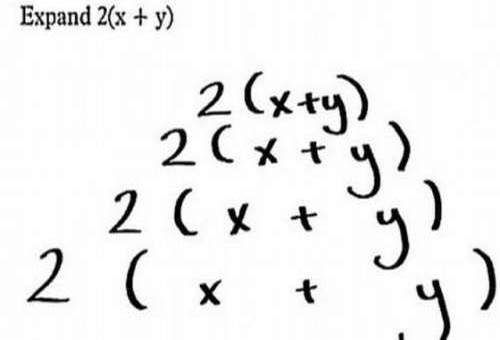
EXAM #3 (in class).
2:00 p.m. to 4:00 p.m.
You are allowed to bring with you an index card (3 X 5) with your notes (only on one side of the card). You can use it during your exam (2 hrs., no lecture after the exam). Don’t forget to bring a “blue book” (Bookstore).
|
|
|
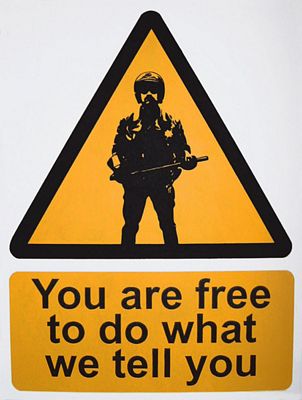 IMPORTANT!!! IMPORTANT!!!
ADA Statement:
“The University of Utah seeks to provide equal access to its programs, services and activities for people with disabilities. If you will need accommodations in the class, reasonable prior notice needs to be given to the Center for Disability Services, 162 Union Building, 581-5020 (V/TDD). CDS will work with you and the instructor to make arrangements for accommodations.” (www.hr.utah.edu/oeo/ada/guide/faculty)
Faculty Responsibilities:
“All students are expected to maintain professional behavior in the classroom setting, according to the Student Code, spelled out in the Student Handbook. Students have specific rights in the classroom as detailed in Article III of the Code. The Code also specifies proscribed conduct (Article XI) that involves cheating on tests, plagiarism, and/or collusion, as well as fraud, theft, etc. Students should read the Code carefully and know they are responsible for the
content. According to Faculty Rules and Regulations, it is the faculty responsibility to enforce responsible classroom behaviors, and I will do so, beginning with verbal warnings and progressing to dismissal from and class and a failing grade. Students have the right to appeal such action to the Student Behavior Committee.” (www.admin.utah.edu/ppmanual/8/8-12-4.html)
ACADEMIC MISCONDUCT
Please familiarize yourself with the University of Utah CODE OF STUDENT RIGHTS AND RESPONSIBILITIES (“STUDENT CODE”) at www.admin.utah.edu/ppmanual//8/8-10.html
The following is an excerpt from this CODE explaining specific actions, which won’t be tolerated in this class.
“2. “Academic misconduct” includes, but is not limited to, cheating, misrepresenting one's work, inappropriately collaborating, plagiarism, and fabrication or falsification of information, as defined further below. It also includes facilitating academic misconduct by intentionally helping or attempting to help another to commit an act of academic misconduct.
a. “Cheating” involves the unauthorized possession or use of information, materials, notes, study aids, or other devices in any academic exercise, or the unauthorized communication with another person during such an exercise. Common examples of cheating include, but are not limited to, copying from another student's examination, submitting work for an in-class exam that has been prepared in advance, violating rules governing the administration of exams, having another person take an exam, altering one's work after the work has been returned and before resubmitting it, or violating any rules relating to academic conduct of a course or program.
b. Misrepresenting one's work includes, but is not limited to, representing material prepared by another as one's own work, or submitting the same work in more than one course without prior permission of both faculty members.
c. “Plagiarism” means the intentional unacknowledged use or incorporation of any other person's work in, or as a basis for, one's own work offered for academic consideration or credit or for public presentation. Plagiarism includes, but is not limited to, representing as one's own, without attribution, any other individual’s words, phrasing, ideas, sequence of ideas, information or any other mode or content of expression.
d. “Fabrication” or “falsification” includes reporting experiments or measurements or statistical analyses never performed; manipulating or altering data or other manifestations of research to achieve a desired result; falsifying or misrepresenting background information, credentials or other academically relevant information; or selective reporting, including the deliberate suppression of conflicting or unwanted data. It does not include honest error or honest differences in interpretations or judgments of data and/or results.”
The following sanctions will be imposed in this class for a student engaging in academic misconduct:
1. A failing grade for the specific assignment, paper, exam, etc., without possibility to re-write it, re-take it, etc. This academic misconduct will be reported to the Chairman of the Department of Anthropology.
2. The second offense will be sanctioned with a failing grade for the whole course. In such a case, the following rule of the University of Utah CODE OF STUDENT RIGHTS AND RESPONSIBILITIES is applicable and will be followed: “If the faculty member imposes the sanction of a failing grade for the course, the faculty member shall, within ten (10) business days of imposing the sanction, notify in writing, the chair of the student’s home department and the senior vice president for academic affairs or senior vice president for health sciences, as appropriate, of the academic misconduct and the circumstances which the faculty member believes support the imposition of a failing grade.”
3. For more information concerning sanctions for academic misconduct (additional sanctions might be imposed) and your rights and procedures to appeal these sanctions please refer to the aforementioned CODE.
If you need more information and/or explanations please don’t hesitate to contact the instructor.
Ewa
Wasilewska's Home Page
|
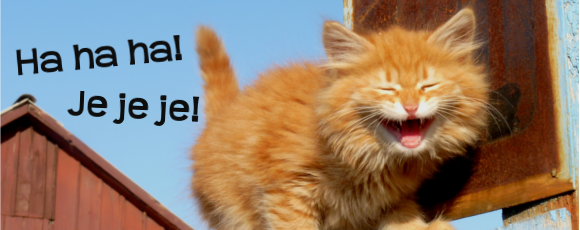












 IMPORTANT!!!
IMPORTANT!!!